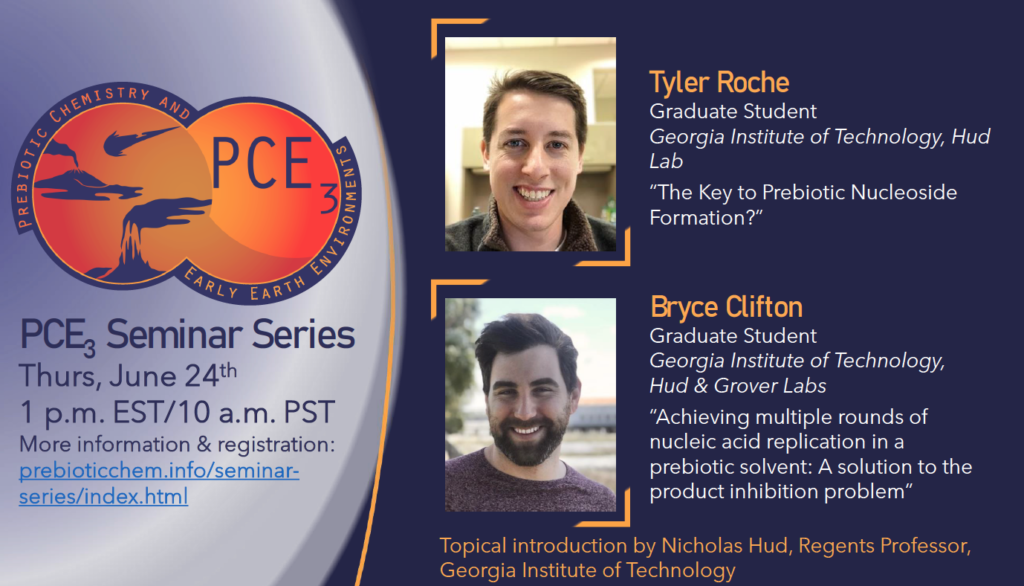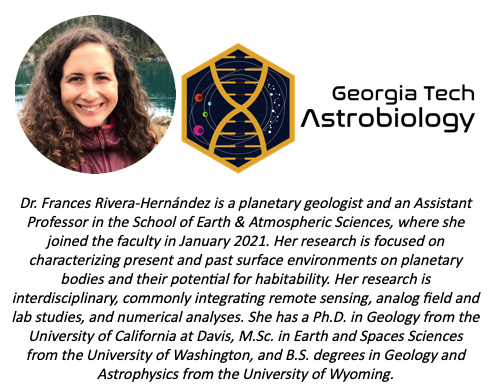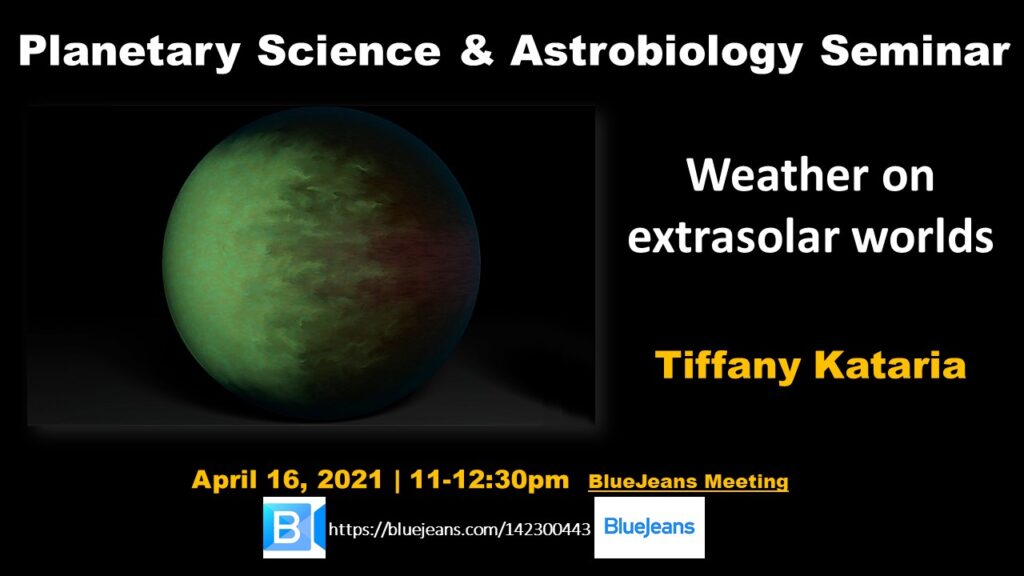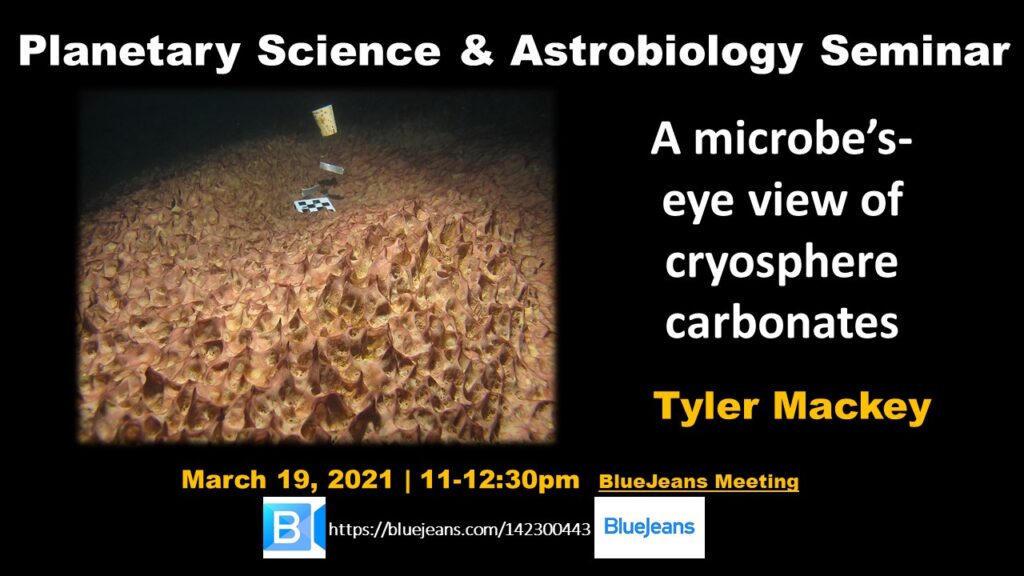Please join us for another session of the PCE3 seminar series on June 24 at 1:00-2:30 pm (EST). This session we are excited to hear from Tyler Roche and Bryce Clifton, both graduate students at the Georgia Institute of Technology. We will also have a short topical introduction from Dr. Nicholas Hud, Professor at the Georgia Institute of Technology. We hope you can join us for another exciting session!
Tyler Roche will talk about “The Key to Prebiotic Nucleoside Formation?”
Bryce Clifton will talk about “Achieving multiple rounds of nucleic acid replication in a prebiotic solvent: A solution to the product inhibition problem”
Please use this link to register. In the event the zoom meeting reaches capacity the meeting will be live streamed to the PCE3 youtube channel.





